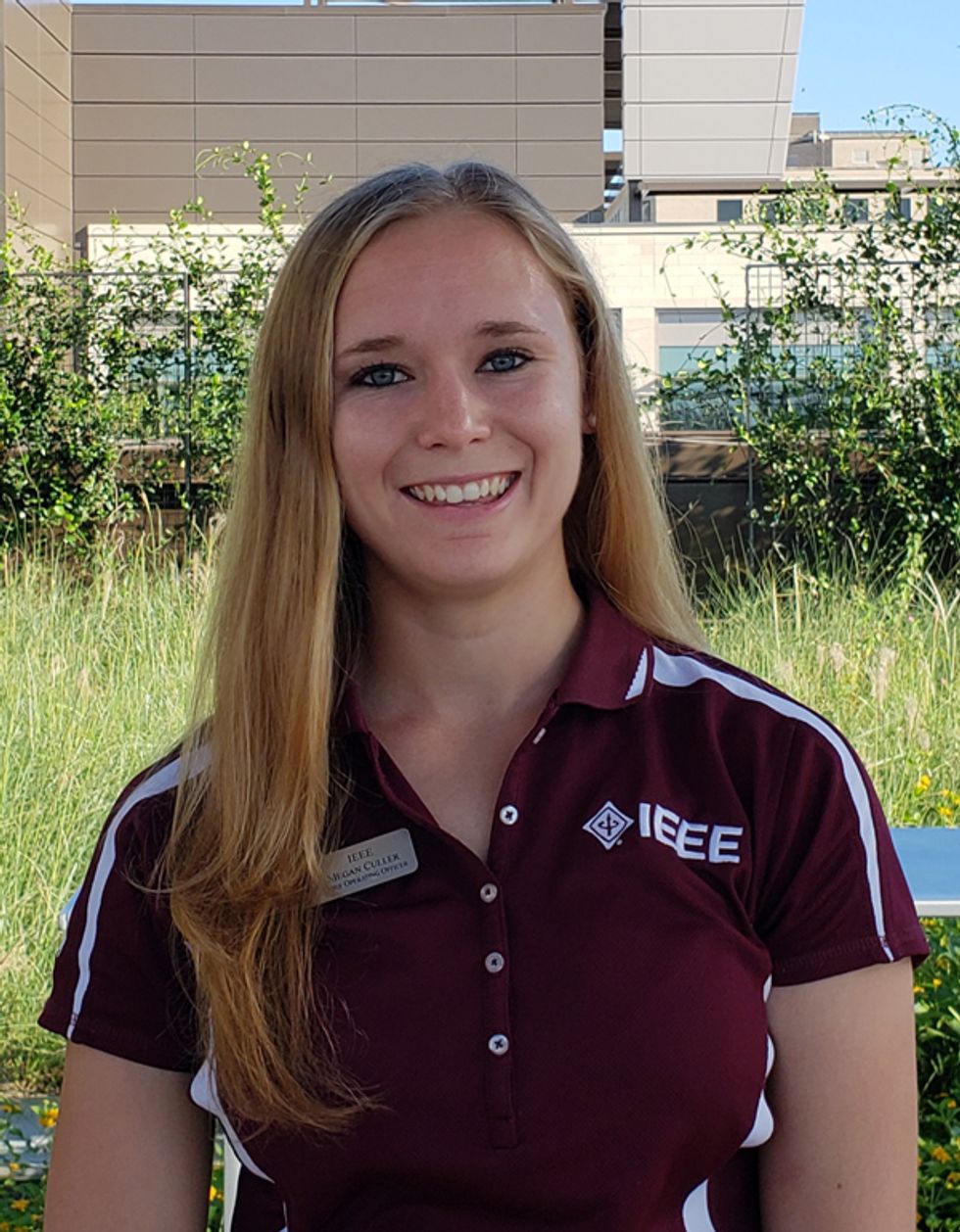THE INSTITUTEMore than 2,400 new power engineers have been added to the U.S. workforce in the past seven years, according to the IEEE Power & Energy Society education committee. That’s good news for an industry that in 2009 was found to be facing a severe shortage of workers for the next decade, with about half the estimated 7,000 U.S. engineers in the field expected to retire. That finding came from a survey by the Center for Energy Workforce Development, a nonprofit consortium of U.S. electric, natural gas, and nuclear utilities and their associations.
The influx of students entering the power field is due in part to the efforts of the IEEE Power & Energy Society (PES) Scholarship Plus Initiative. The anticipated labor shortage was one of the key factors that led to the initiative’s creation in 2011.
The scholarship program offers money as well as work experience to undergraduate engineering students.
Since the initiative launched, more than 1,500 scholarships have been awarded to some 900 students from 200 colleges and universities in Canada and the United States. About 400 of those scholars are now working full time in the power and energy industry. There are also PES scholarship programs in India and Italy. Applications are accepted each year from 1 March to 30 June.
The initiative is helping to increase the number of women with power engineering–related degrees. About 27 percent of last year’s nearly 175 recipients are women—nearly double the current industry rate of 15 percent.
Students can get up to three years of financial support, for a total of US $7,000, though they must reapply each year. As long as they continue to meet the requirements, students receive $2,000 for each of the first two years and $3,000 for the third. They can apply for the scholarship as early as their freshman year. They do not have to be IEEE student members.

Recipients get access to the PES Careers database, which helps match students with companies looking for interns.
Recipient Megan Culler [right], in a letter about how being selected has impacted her, wrote that the program helped her get an internship and led to research projects. Culler, a senior at Texas A&M University, in College Station, is expected to graduate in May.
“Being a PES scholar has opened up doors to internship opportunities, including a summer job working in a refinery,” she says. “This was a new side of power engineering I never expected to get involved in. I’ve also been able to connect with professors who have given me access to research opportunities. And through that, I've written an undergraduate thesis paper and presented my work at IEEE conferences. Being involved with the power and energy community has opened my eyes to lots of interesting developments happening in the field.”
SUPPORTERS
More than 20 organizations provide support for the initiative, including Burns and McDonnell, G&W Electric, S&C Electric, and Southern Co. They hire new graduates for full-time positions, offer internships to undergrads, and contribute to the IEEE PES Scholarship Fund.
The scholarship initiative is one of the IEEE Foundation’s signature programs, which are educational or humanitarian technology projects that can have a significant social impact. Individuals can donate to the fund as well.
Schweitzer Engineering Laboratories, founded by IEEE Life Fellow Ed Schweitzer, gave $500,000 last year to the fund. The company, headquartered in Pullman, Wash., provides products and services to the power industry. The contribution is in addition to the $1.1 million Schweitzer and his wife, Beatriz, had already given the Foundation. The donation is the largest cumulative gift to the Foundation. Each year several PES scholars with exceptional academic performance and interest in the field of power engineering are recognized as Schweitzer Meritorious Scholars.
The scholarship initiative needs mentors for students, as well as volunteers to serve on regional committees that review applicants’ eligibility. Learn more at the PES Scholarship Plus website.
Kathy Pretz is editor in chief for The Institute, which covers all aspects of IEEE, its members, and the technology they're involved in. She has a bachelor's degree in applied communication from Rider University, in Lawrenceville, N.J., and holds a master's degree in corporate and public communication from Monmouth University, in West Long Branch, N.J.



